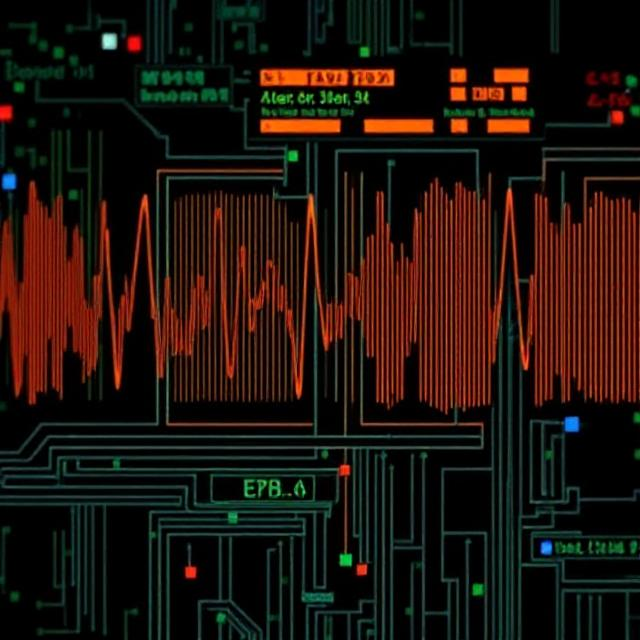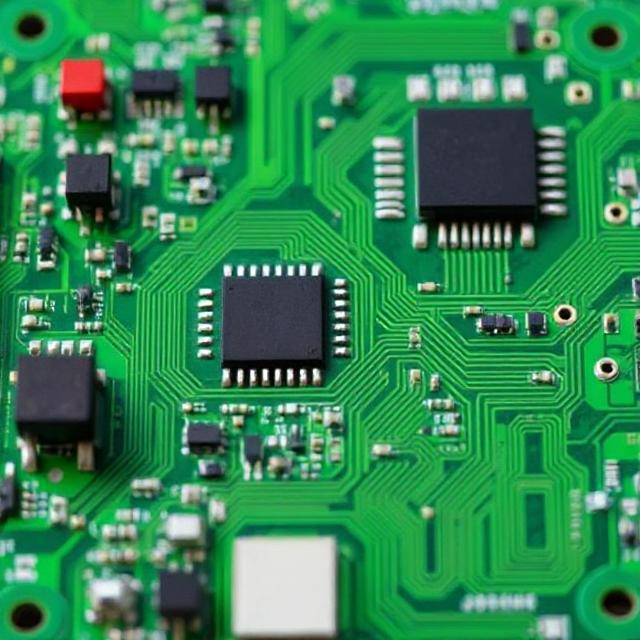1. What is Data Encryption Hardware?
Data encryption hardware refers to physical devices that help protect data by converting it into a secret code (called encryption) that can only be unlocked by authorized users with the right decryption key. It’s like having a safe that needs a special code to open.
These devices are used to secure sensitive data, such as passwords, credit card numbers, or private information, to ensure that even if someone tries to steal it, they won’t be able to read it without the decryption key. Encryption hardware is typically faster and more secure than software-based encryption because it uses dedicated chips and circuits designed specifically for the job.

Some common types of encryption hardware include:
- Hardware Security Modules (HSMs): These are physical devices that manage digital keys for encryption and decryption and perform cryptographic operations.
- Trusted Platform Modules (TPMs): A specialized chip used in computers to secure hardware by storing cryptographic keys.
2. What are Secure Electronics?
Secure electronics refer to electronic systems or devices designed with extra layers of security to protect against hacking, unauthorized access, and tampering. These systems are used in places where security is crucial, like in banking, government agencies, and personal gadgets (like smartphones).
Some features of secure electronics include:
- Tamper detection: These devices can detect if someone tries to open or modify them, triggering an alert or destroying sensitive data.
- Encryption: Data within these devices is usually encrypted so even if someone gets access to the hardware, they can’t easily read or misuse the data.
- Secure communication: These devices make sure that data transmitted between them and other systems is secure, preventing interception by hackers.
How do they work together?
In practice, data encryption hardware and secure electronics often work hand-in-hand to provide strong protection. For example, a smartphone might have a TPM chip for securely storing your data encryption keys, and it might use encryption hardware to protect your messages and personal information.
In short, data encryption hardware is a physical tool used to protect sensitive information, while secure electronics are entire systems built to safeguard devices and data against unauthorized access and attacks.











